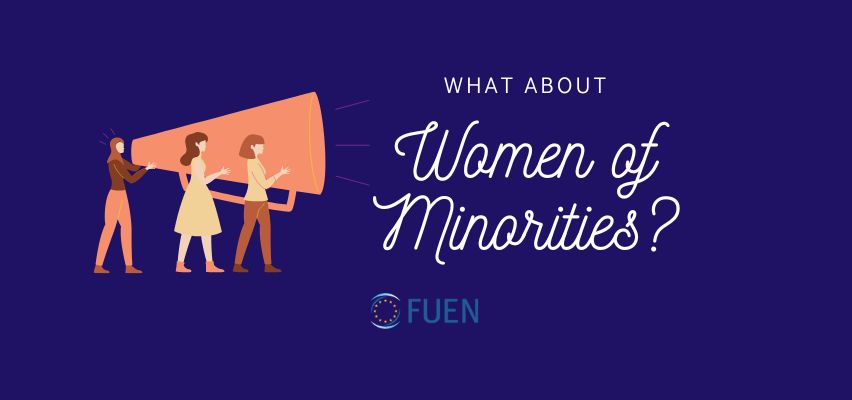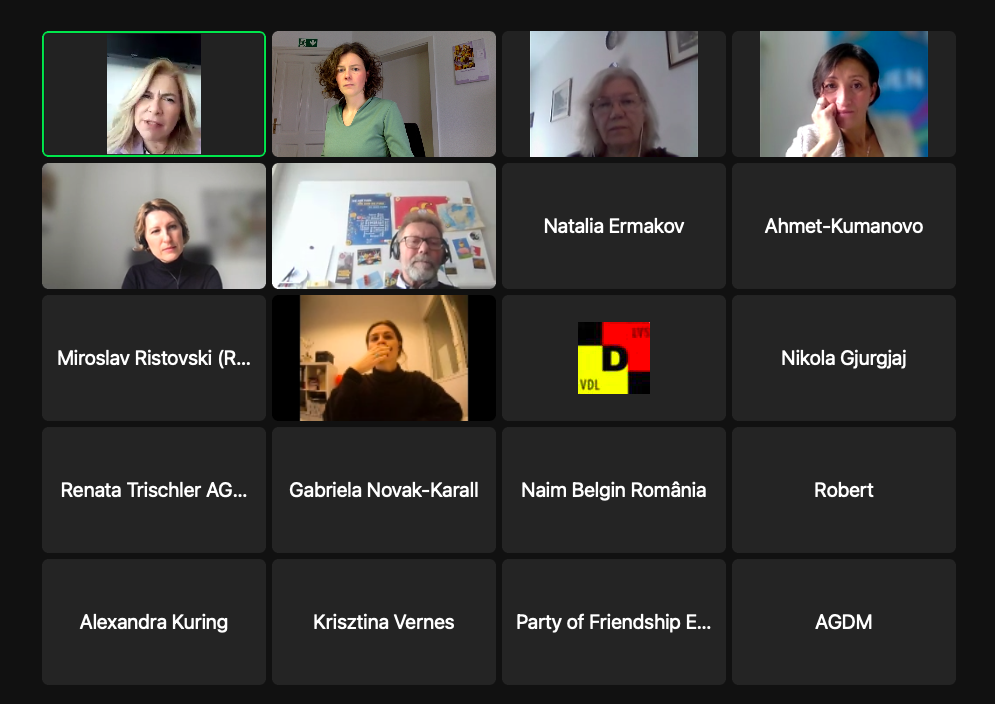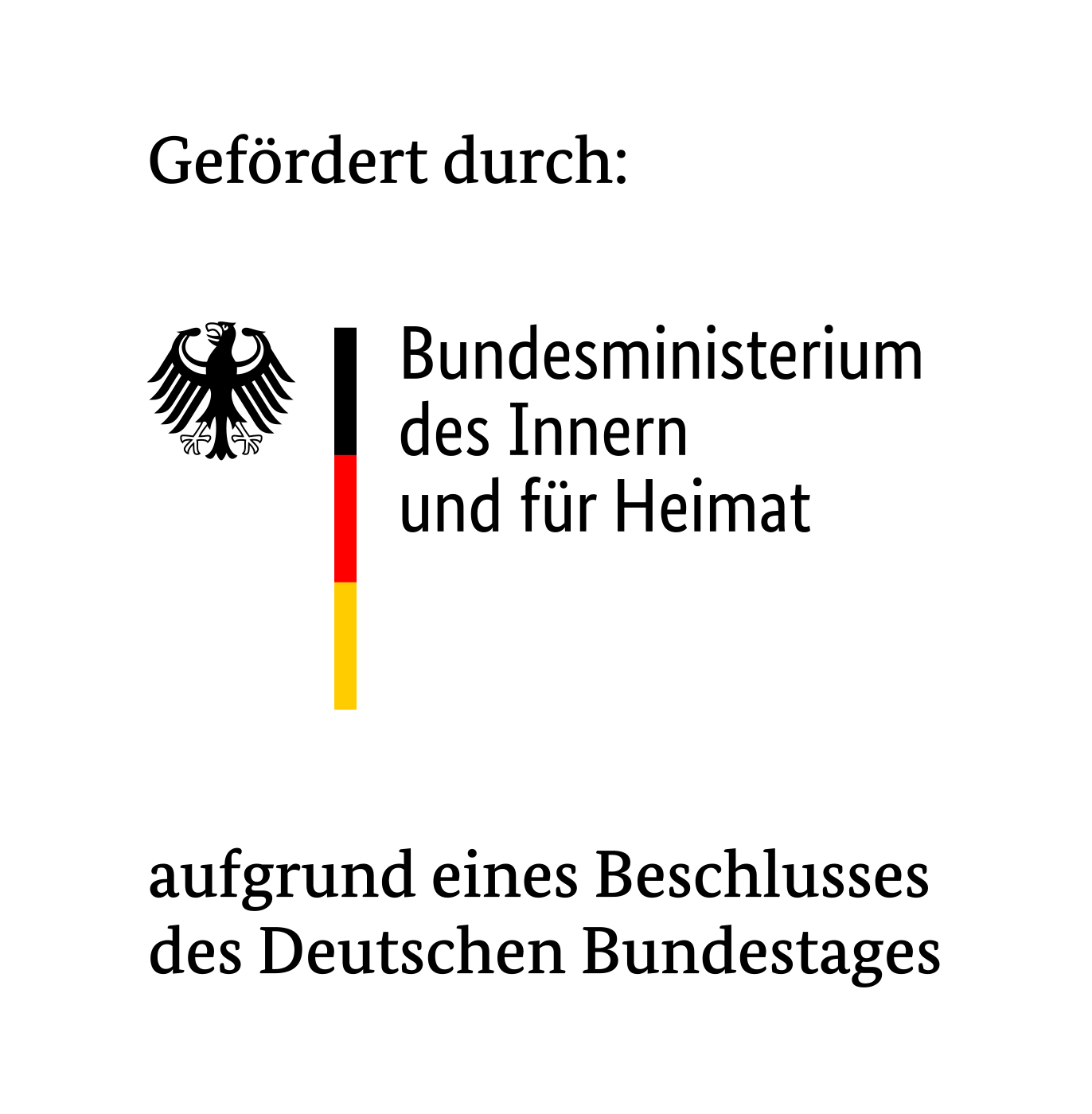
How equal are minority organisations? FUEN study on the project "Women of Minorities" presented
15.12.2022At FUEN events we often experience that the gender ratio is not balanced. Significantly more men than women take part in our congresses, conferences and annual meetings. But also in qualitative terms, if you look at the speeches and panelists, women are underrepresented – and this picture is often representative of their general presence in governing bodies. "This gave us in FUEN food for thought and the idea for the 'Women of Minorities' project was born," explained FUEN General Secretary Éva Pénzes at the beginning of today's online meeting, which was attended by around 20 people from FUEN’s member organisations, from 13 countries.
What is the status quo? Are women in minorities a minority, in official bodies and leadership? How equal is it in our organisations? What are the challenges? In order to get answers to these questions and to assess the status quo, we sent a questionnaire to our member organisations in November. We are pleased that over 40 organisations participated and in this way helped to get a comprehensive picture.
The results of this survey were presented by Zora Popova, FUEN scientific officer, at the beginning of the meeting. The answers showed that women are basically well represented in the organisations, especially in the operational area, whereas men dominate in leadership positions, i.e. in presidencies or boards. "Women do the work while men sit in the leadership", Zora Popova summarised the situation. When it comes to knowledge about gender equality and guidelines, it was found that about two thirds of the participating organisations have knowledge, but very few of them have official documents or guidelines on gender equality in the organisation. Hardly anyone has attended training on this topic.
"The results show that there is a need for more gender equality," Zora Popova pointed out. "The main obstacle cited is the traditional role of women, which does not leave time for other activities between family and job." A fact that Eugenia Natsoulidou, participant of the meeting, could confirm. "What women have achieved through the women's movement is to have a choice. But: women today still have too many responsibilities in private, while men focus on their careers."
However, a lack of promotion, a lack of awareness or stereotypes within the organisation also stand in the way of better gender equity, the results show. As measures that are needed, the study participants named management training, support from experts as well as raising awareness for the topic in order to create awareness in the first place.

The project "Women of Minorities" will focus on exchanging ideas about possible future activities and exploring possible improvements. What tools can be used to bring about a change towards better representation of women in minority organisations? This is what we need to work on in the following meetings and discussions. One idea is to present women from leading, active positions in minorities as role models for overcoming stereotypes. The participants agreed with this approach. "Helping each other can be a solution. We have to motivate women not to always apologise and we have to fight against the hidden discrimination that all women experience in everyday life," said Elisa Ferekidou. And not unimportant: "We need to involve men to tackle the problem", Eugenia Natsoulidou added.
Gösta Toft, Vice-President of FUEN, encouraged everyone present to stay on top of the issue and plan further activities. FUEN has an important role to play as a knowledge broker and driving force.
How can we help our affiliates to develop strategies and guidelines on gender equality? How can we motivate women to take on more active roles in their organisations and at our events? These are the questions to which answers will be sought in the course of the project and – in the best case – put into practice.
We would like to thank the Federal Ministry of the Interior and Home Affairs for supporting the project.

PRESS RELEASES
- FUEN wishes you a peaceful Christmas season, restful days and a bright, hopeful start to the new year!
- FUEN calls on the EU to act over systematic ethnic-based land confiscations in Slovakia
- Women of Minorities conference in Budapest calls for structural change to ensure equal political participation of minority women
- FUEN President Olivia Schubert at UN Forum on Minority Issues in Geneva
- "Laboratory of Peace": 28th Seminar of Slavic Minorities held in European Capital of Culture Gorica/Gorizia
- Equality in Political Participation and Representation: Third “Women of Minorities” Conference to Be Held in Budapest
- FUEN Working Group on Education discusses challenges and future of minority schooling in Europe
- 28th Seminar of Slavic Minorities in Europe to take place in Gorica/Gorizia, Italy
- Olivia Schubert in her first interview as FUEN President
- FUEN Assembly of Delegates elects new leadership – Olivia Schubert becomes new President














